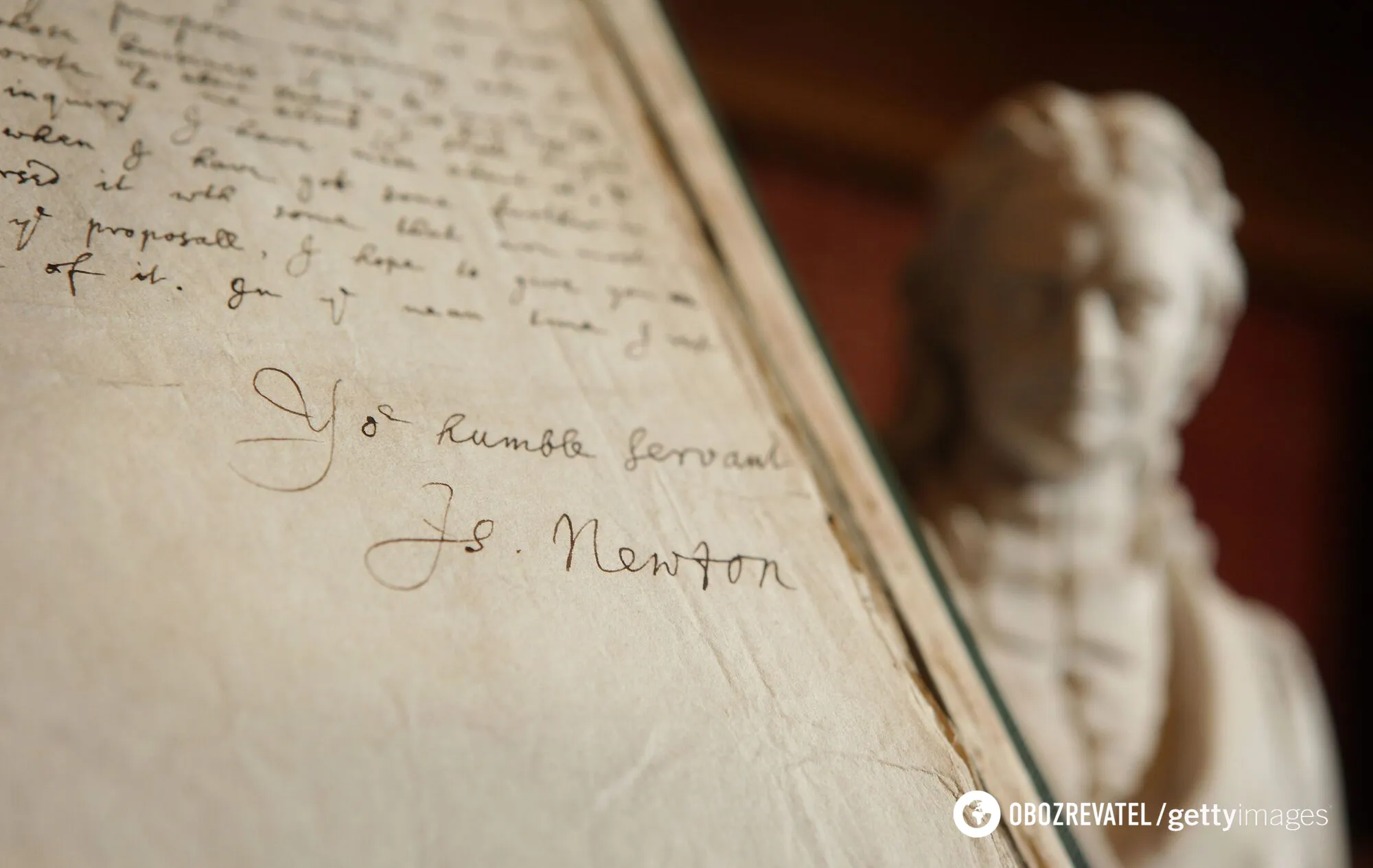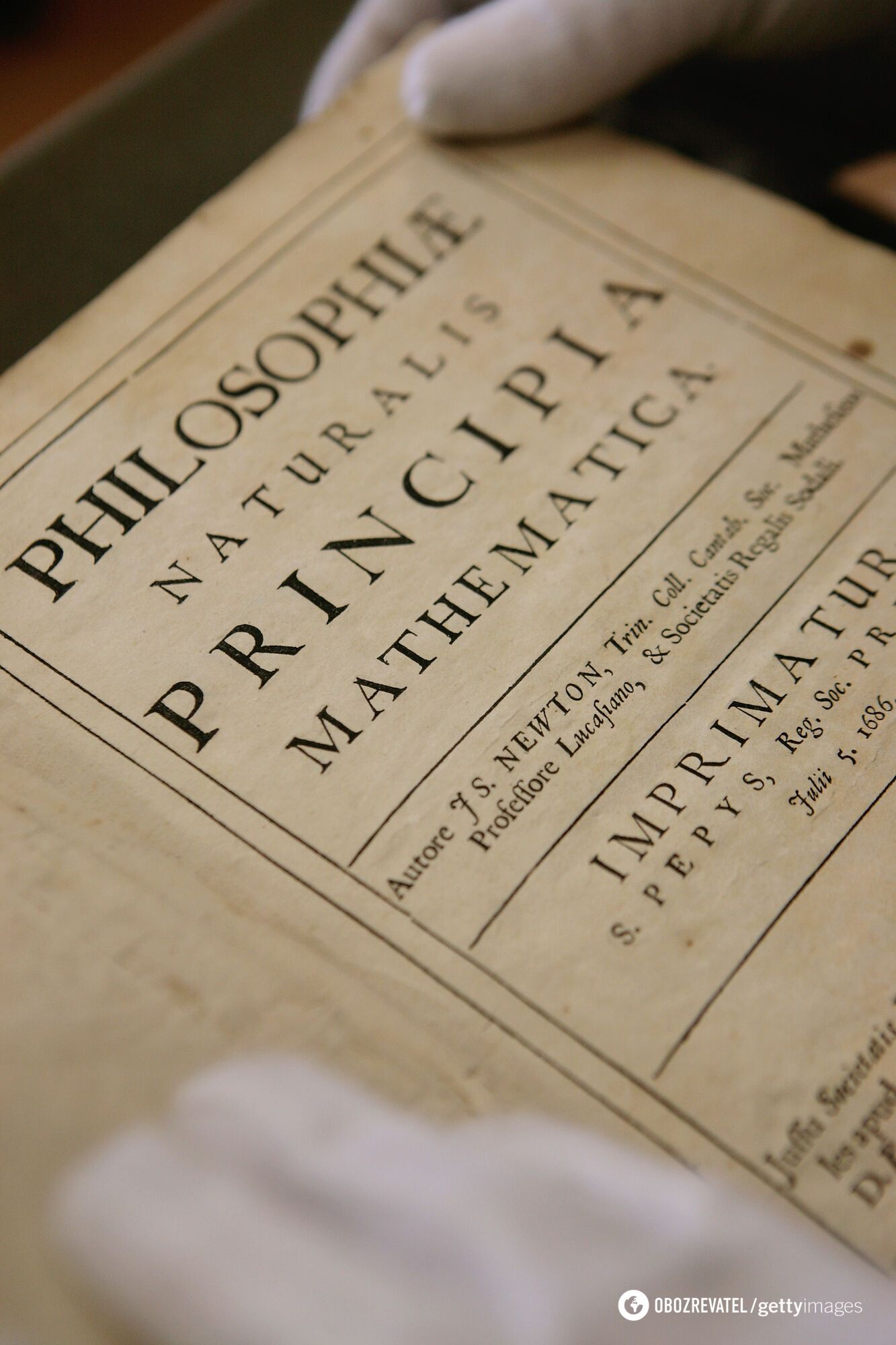News
For 300 years we have been misunderstanding it: what the main law of physics really sounds like
In 1687, the famous scientist Isaac Newton wrote his three famous laws in Latin on parchment, which are among the main ones in modern physics - they describe the motion of any object in the universe. But, as it turned out, we have been misunderstanding him for 300 years.
As Daniel Hooke, a philosopher of language and mathematics, explains in a scientific article published in the journal Philosophy of Science, the original wording of Newton's first law was not translated exactly as the scientist intended. It turned out that one of the Latin words was translated as "unless" rather than "insofar." That is, in Newton's formulation, part of his law sounded like "insofar they are not affected by external forces," Science Alert writes.
Based on this translation, countless scientists and teachers over the course of 300 years have interpreted Newton's first law of inertia to mean that an object will continue to move in a straight line or remain at rest unless an external force intervenes. However, this description works well until it becomes clear that external forces are constantly acting on the object. And, according to scientists, Newton should have taken this into account when formulating his first law of motion.
So, while looking through the archives, scientist Hooke realized that this common paraphrase contained a misinterpretation that had been overlooked for many years. It was only in 1999 that the two scholars discovered that one word in the translation was misspelled: the Latin word "quatenus" means "insofar as" and not "unless."
According to Hooke, the new reading shows that Newton meant that every change in the body's momentum-every push, pull, turn, and jerk-is the result of external forces.
"By changing this word in translation, these scientists restored one of the fundamental principles of physics to its original meaning," the scientist explained.
However, this extremely important correction never caught on. According to some scientists, it is hardly worth arguing about something that does not change the basic premise of Newton's first law.
"Some people think my reading is too wild and unconventional to be taken seriously. Others think it's so obviously correct that it's hardly worth arguing about," says Hooke, who admits that the new interpretation has not and will not change physics. But a careful study of Newton's own works reveals what the scientist was thinking at the time.
Only verified information is available on the OBOZ.UA Telegram channel and Viber. Do not fall for fakes!





























